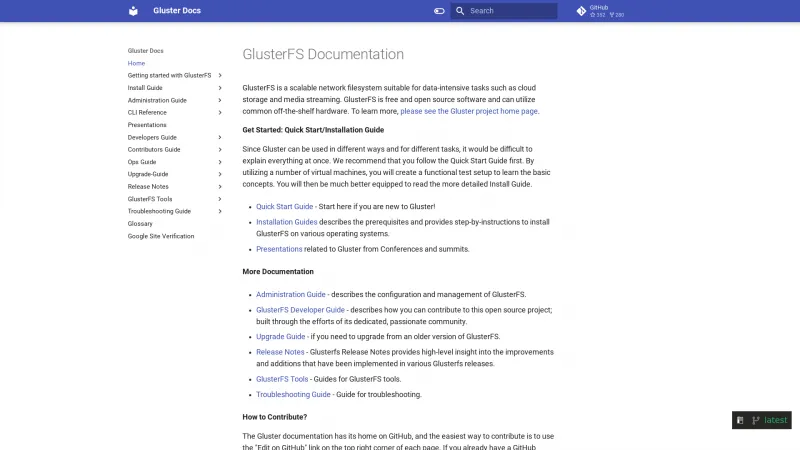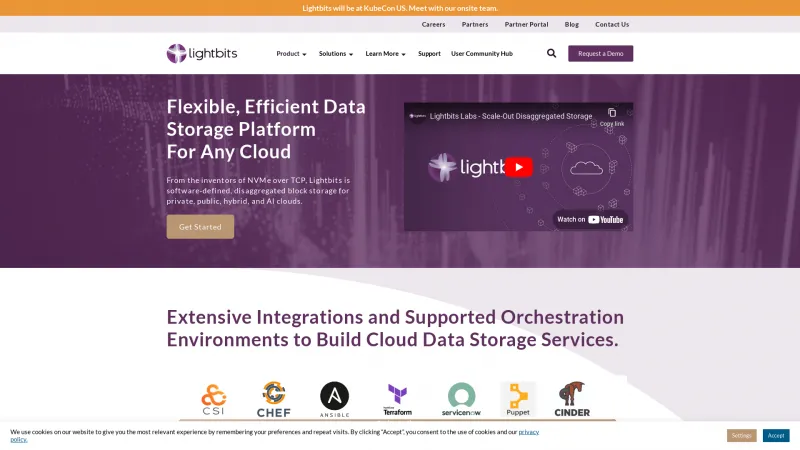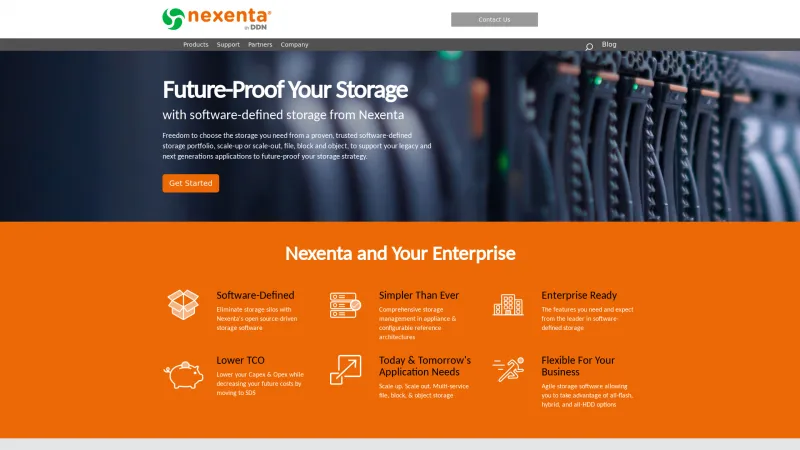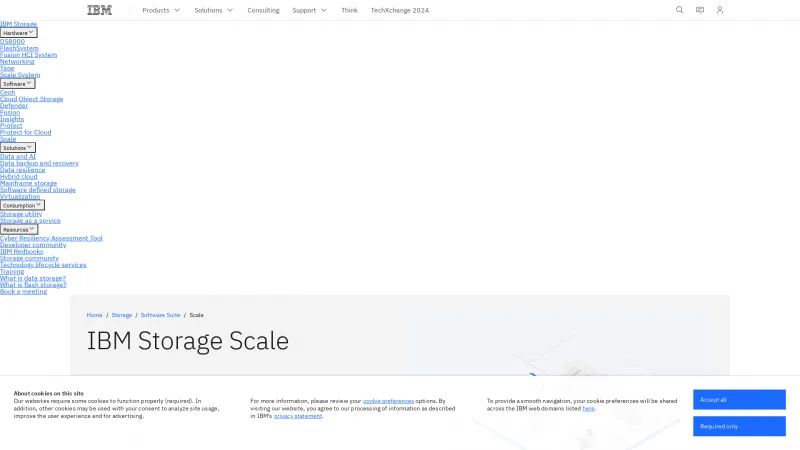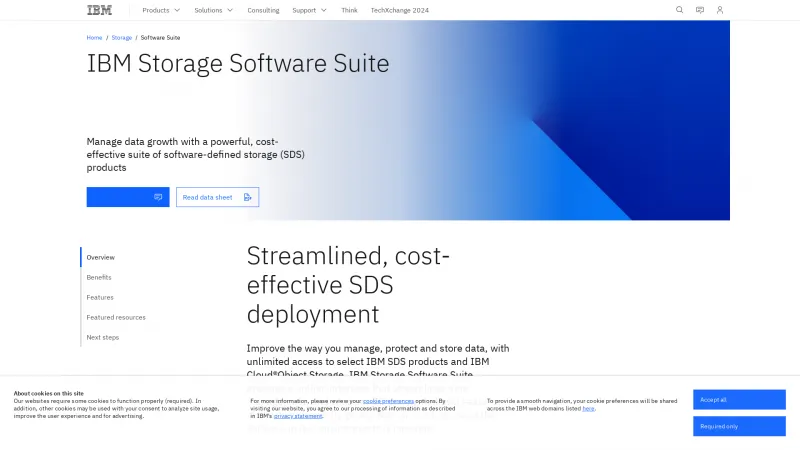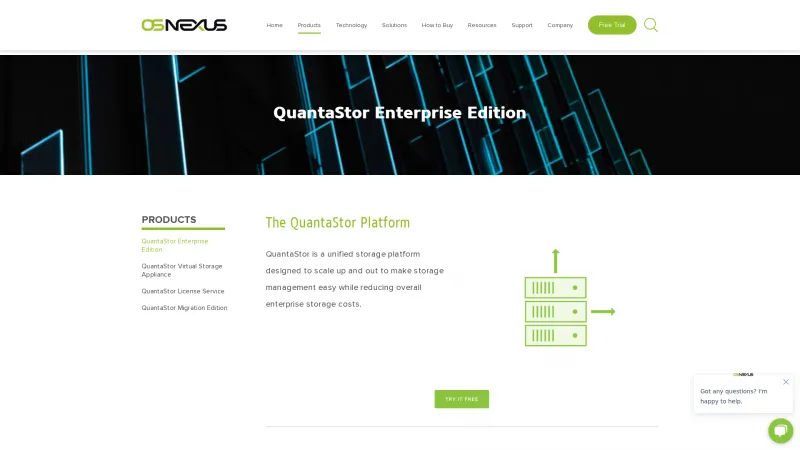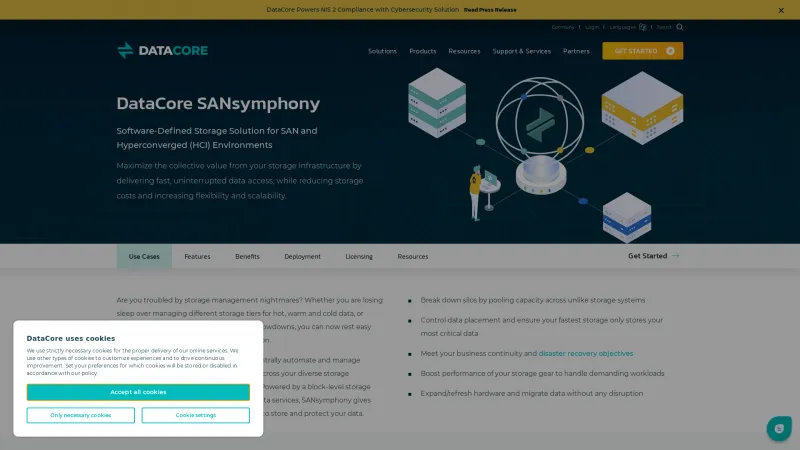Benefits of Software-Defined Storage for Organizations
Software-Defined Storage (SDS) is a modern approach to data storage that decouples storage hardware from the software that manages it. This flexibility allows organizations to optimize their storage resources, reduce costs, and enhance scalability. SDS addresses common challenges such as data silos, inefficient resource utilization, and the complexity of managing diverse storage systems. Read more
Key features of SDS include automated data management, policy-driven storage allocation, and the ability to integrate with various hardware platforms. These capabilities enable organizations to streamline operations, improve data accessibility, and ensure high availability of critical information. Additionally, SDS often supports advanced functionalities like data replication, deduplication, and tiering, which enhance performance and reliability.
SDS is particularly well-suited for enterprises in industries such as cloud computing, big data analytics, and virtualization, where the need for scalable and efficient storage solutions is paramount. IT departments, data center managers, and organizations looking to modernize their storage infrastructure will find SDS to be a valuable asset in their technology stack.
